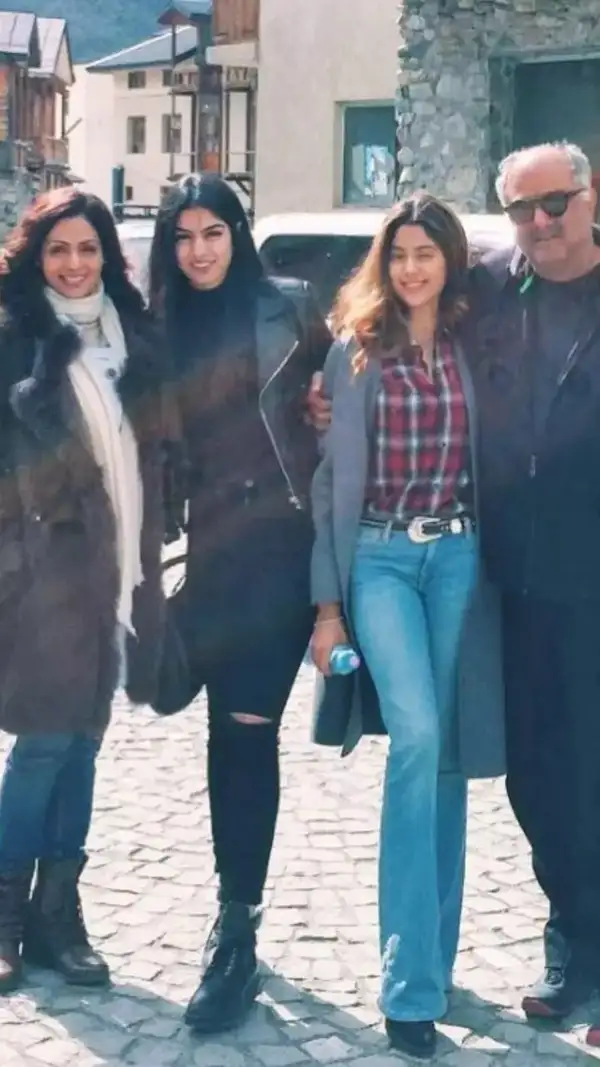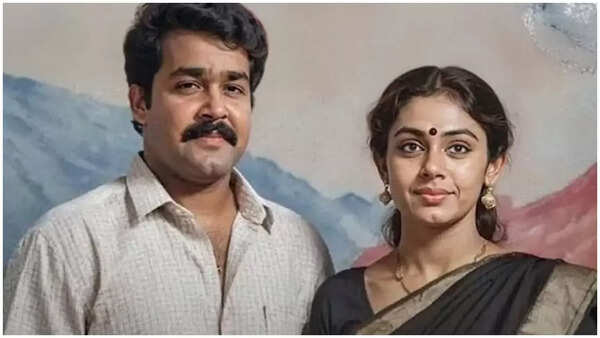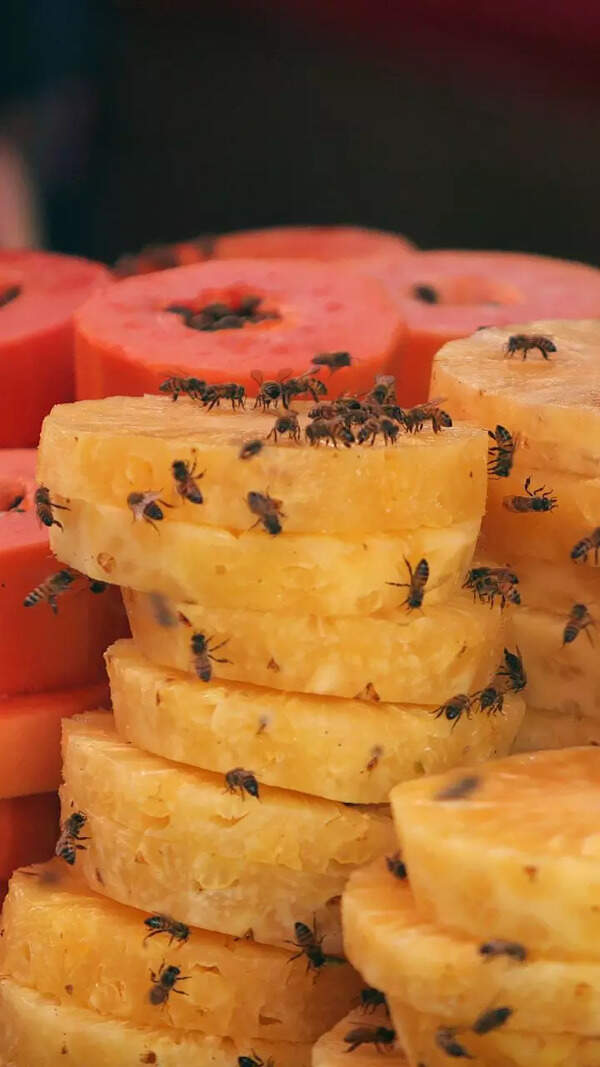- News
- IKDRC’s new milestone: 10 get kidneys in swap transplants
IKDRC’s new milestone: 10 get kidneys in swap transplants
Ahmedabad: Earlier this month, the Institute of Kidney Diseases and Research Centre (IKDRC) and Gujarat University of Transplantation Sciences (GUTS) achieved the milestone of carrying out 10 non-simultaneous swap transplants, also identified as exchange transplants. This means that 10 patients requiring kidneys and 10 donors — relatives of the patients but not matching the criteria for direct transplant — were matched, and the cross-transplants took place.
IKDRC officials explained the process: the kidney of patient A's relative was transplanted into patient B, and the kidney of patient B's relative was transplanted into patient C. The relative of patient C was matched with patient A, and so on. The transplants were carried out from March 31 to April 5.
Dr Vivek Kute, professor and head of Nephrology and Transplant at IKDRC and secretary of the Indian Society of Organ Transplant (ISOT), said that it is one of the longest chains in the country. "There are often kidney swaps involving two to three pairs, but as the number of patients and donors increases, the complexity also increases. A recent study by us showed that the share of chain transplants above three pairs is less than 5%. But considering the rise in kidney diseases and difficulty in finding compatible donors among relatives, such measures ensure faster availability of kidneys to critical patients," he said.
As a centre, IKDRC has carried out one of the highest numbers of such swap kidney transplants, institute officials said. From Jan to mid-April, IKDRC carried out a total of 154 kidney transplants, of which 116, or 75%, were through living donor kidney transplants. Dr Pranjal Modi, director of IKDRC, said that parameters of various donors are matched to ensure that the acceptance rate is high.

About the Author
Parth ShastriEnd of Article
Follow Us On Social Media









